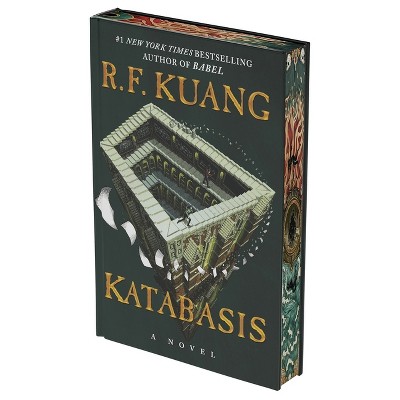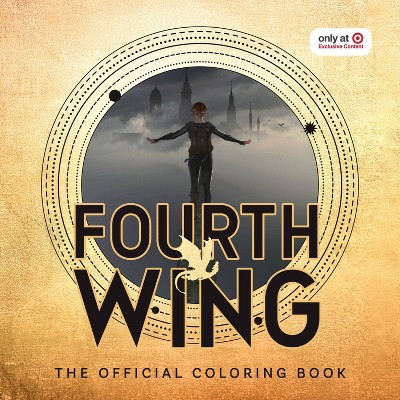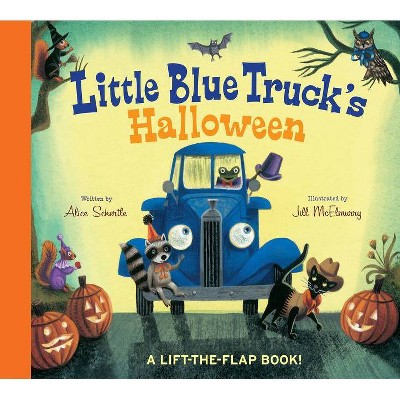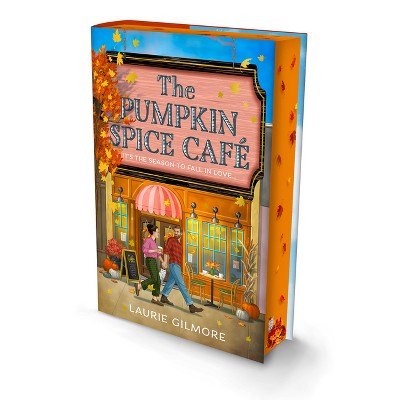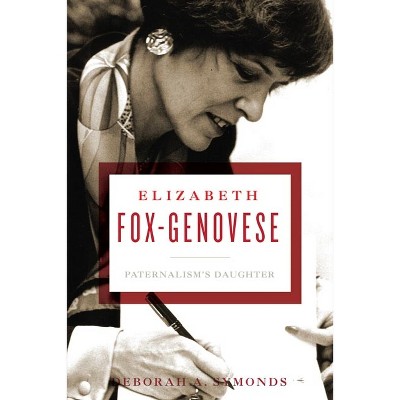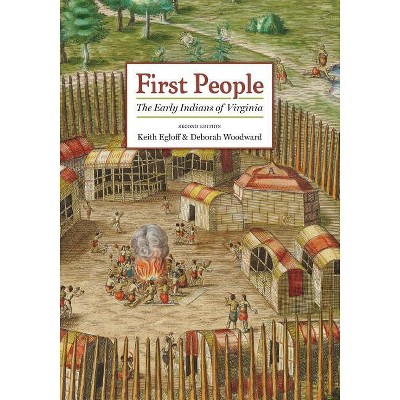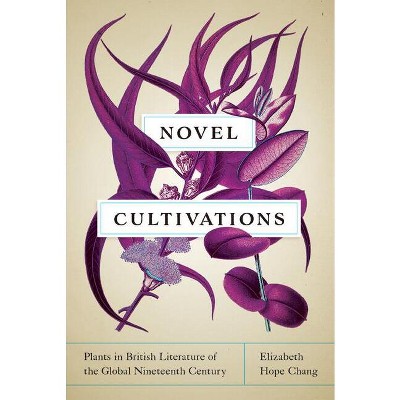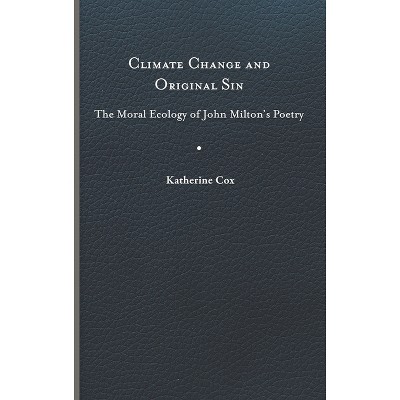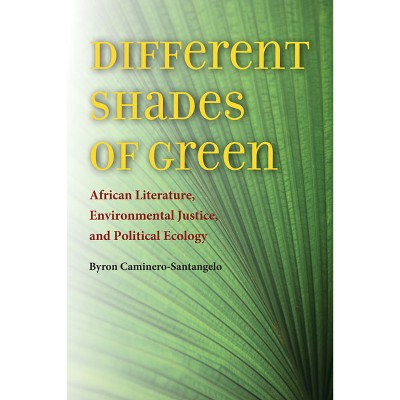Wild Dog Dreaming - (Under the Sign of Nature) by Deborah Bird Rose

About this item
Highlights
- We are living in the midst of the Earth's sixth great extinction event, the first one caused by a single species: our own.
- About the Author: Deborah Bird Rose, Adjunct Professor in Environmental Humanities at the University of New South Wales, is the author of Reports from a Wild Country: Ethics for Decolonisation and Dingo Makes Us Human: Life and Land in an Australian Aboriginal Culture.
- 184 Pages
- Nature, Endangered Species
- Series Name: Under the Sign of Nature
Description
About the Book
Wild Dog Dreaming engages this question, and the result is a bold account of the entangled ethics of love, contingency, and desire.Book Synopsis
We are living in the midst of the Earth's sixth great extinction event, the first one caused by a single species: our own. In Wild Dog Dreaming, Deborah Bird Rose explores what constitutes an ethical relationship with nonhuman others in this era of loss. She asks, Who are we, as a species? How do we fit into the Earth's systems? Amidst so much change, how do we find our way into new stories to guide us? Rose explores these questions in the form of a dialogue between science and the humanities. Drawing on her conversations with Aboriginal people, for whom questions of extinction are up-close and very personal, Rose develops a mode of exposition that is dialogical, philosophical, and open-ended.
An inspiration for Rose--and a touchstone throughout her book--is the endangered dingo of Australia. The dingo is not the first animal to face extinction, but its story is particularly disturbing because the threat to its future is being actively engineered by humans. The brazenness with which the dingo is being wiped out sheds valuable, and chilling, light on the likely fate of countless other animal and plant species.
"People save what they love," observed Michael Soulé, the great conservation biologist. We must ask whether we, as humans, are capable of loving--and therefore capable of caring for--the animals and plants that are disappearing in a cascade of extinctions. Wild Dog Dreaming engages this question, and the result is a bold account of the entangled ethics of love, contingency, and desire.
Review Quotes
Wild Dog Dreaming is a remarkable book, animated by a searching intelligence and a deeply ethical spirit. In a time of extinction Deborah Bird Rose teaches us what is inextinguishable: our kinship with animals.
--David L. Clark, McMaster University[A] bold account of the entangled ethics of love, contingency, and desire.
-- "Australian Animal Studies Bulletin"As seemingly hopeless as the task of halting anthropogenic extinctions is, [Rose] says she believes that it is 'one toward which we owe an ethical response.'
-- "Chronicle of Higher Education"Attuned to the complex harmonics in the howling of wild dingoes, Rose asks what it means to live and die in a time of escalating human-provoked mass extinctions. In her own practice, Rose shows us how to keep the stories rolling and rolling, winding around each other and us in the task of singing back the life and lives of the good earth. A wise and generative book."
--Donna Haraway, University of California, Santa Cruz, author of When Species MeetRose, an anthropologist, uses the dingo as a touchstone to explore ethical connectivity between human and nonhuman life.... A well-referenced, wide-ranging, and sometimes abstract dialogue between dreamtime stories and Western existentialist philosophy on life, death, kinships, and dualism with nonhuman life.
-- "CHOICE"About the Author
Deborah Bird Rose, Adjunct Professor in Environmental Humanities at the University of New South Wales, is the author of Reports from a Wild Country: Ethics for Decolonisation and Dingo Makes Us Human: Life and Land in an Australian Aboriginal Culture.


